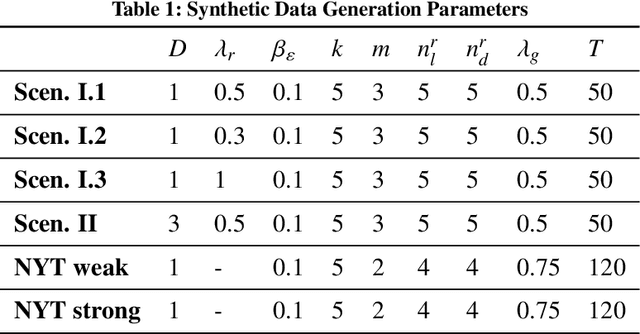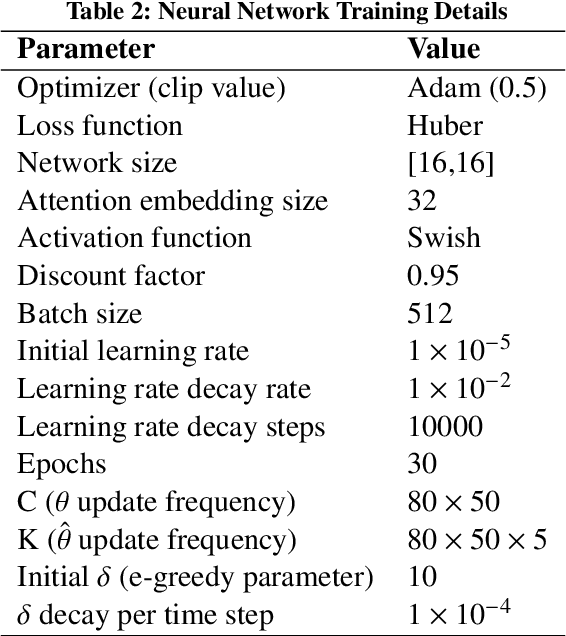Preference-aware compensation policies for crowdsourced on-demand services
Paper and Code
Feb 07, 2025



Crowdsourced on-demand services offer benefits such as reduced costs, faster service fulfillment times, greater adaptability, and contributions to sustainable urban transportation in on-demand delivery contexts. However, the success of an on-demand platform that utilizes crowdsourcing relies on finding a compensation policy that strikes a balance between creating attractive offers for gig workers and ensuring profitability. In this work, we examine a dynamic pricing problem for an on-demand platform that sets request-specific compensation of gig workers in a discrete-time framework, where requests and workers arrive stochastically. The operator's goal is to determine a compensation policy that maximizes the total expected reward over the time horizon. Our approach introduces compensation strategies that explicitly account for gig worker request preferences. To achieve this, we employ the Multinomial Logit model to represent the acceptance probabilities of gig workers, and, as a result, derive an analytical solution that utilizes post-decision states. Subsequently, we integrate this solution into an approximate dynamic programming algorithm. We compare our algorithm against benchmark algorithms, including formula-based policies and an upper bound provided by the full information linear programming solution. Our algorithm demonstrates consistent performance across diverse settings, achieving improvements of at least 2.5-7.5% in homogeneous gig worker populations and 9% in heterogeneous populations over benchmarks, based on fully synthetic data. For real-world data, it surpasses benchmarks by 8% in weak and 20% in strong location preference scenarios.
 Add to Chrome
Add to Chrome Add to Firefox
Add to Firefox Add to Edge
Add to Edge